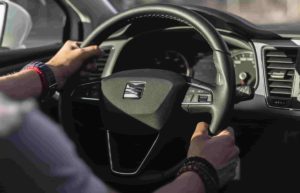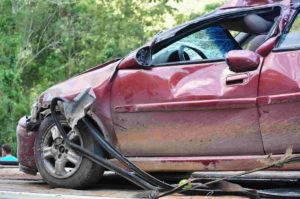Have you been convicted of driving under the influence of drugs or alcohol? If so, you may need to apply for an SR22 certificate. An SR22 acts as proof of insurance and confirms that you are financially responsible and can keep up with your insurance payments. It’s often referred to as simply “SR22 insurance.” You will need to keep this certificate for a specified period of time following your conviction – typically three years.
Read on to learn the answers to four FAQs about SR22 car insurance after a DUI or DWI:
1. How Do You Know If You’re Required to Apply for SR22 Car Insurance?
Not everyone convicted of a DUI or DWI will have to apply for an SR22. The requirements vary by state, but you may need to get an SR22 certificate if you were caught:
- Driving under the influence of drugs or alcohol;
- Driving while uninsured;
- Having too many points on your driving record; or
- Causing injury to someone in a car accident.
SR22 insurance is typically required for drivers who have had their licenses suspended following a conviction for one of the above crimes.

If your driver’s license was suspended, contact your insurance company to find out if an SR22 certificate is required.
2. Will Your Insurance Rates Change?
After you file for an SR22 certificate, your insurance company will likely deem you a “high-risk” driver. If this happens, your insurance rates will most likely increase. The actual cost of SR22 insurance varies by state and insurance company.
It’s also possible that your payment schedule will change after you file for an SR22. Because SR22 insurance exists to prove to insurers and the government that you are financially stable and will remain so in the future, you may have to pay upfront instead of in monthly installments.
If you are worried that your insurance rates will go up after a DUI conviction, click HERE to view the results of our quote comparison study. We evaluated insurance rates from multiple carriers in each state to find the cheapest insurance rates for drivers with a DUI or DWI conviction.
3. When Do You Need to File for SR22 Insurance?
If you have been charged with a DUI or DWI and you know you are required to file for SR22 insurance, the first thing you should do is call your insurance company to inform them that you will be filing for this certificate. If your insurance does not cover high-risk drivers in general, you may have to shop around for a new provider. If your insurance company will still cover you, you will need to ask your agent to file for SR22 insurance for you. This is not something you can file for alone; it must come straight from an insurance company.
4. How Long Will You Need to Have SR22 Insurance?
Again, the requirement varies by state, but SR22 insurance is usually required for at least three years. If you are convicted of another traffic violation during that time, you will most likely have to maintain an SR22 for a longer period.
Did we miss any important points about SR22 insurance? Feel free to share your insights in a Comment below.



